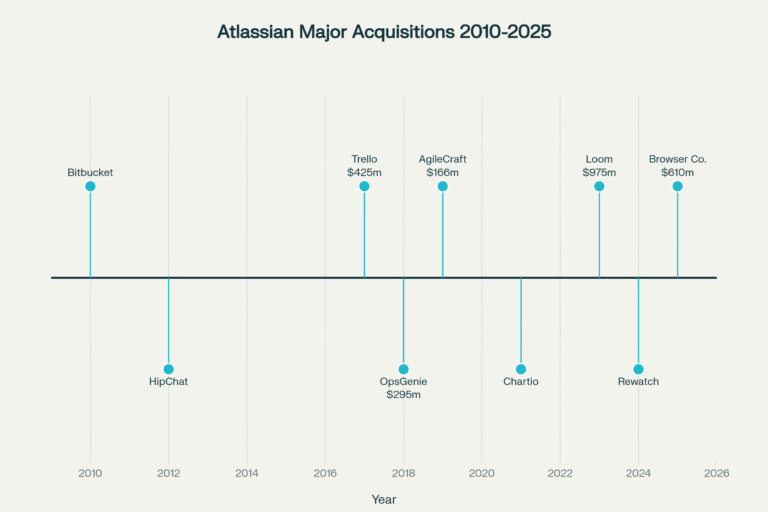Key Takeaway: WestJet confirms cybercriminals accessed passenger personal information in June but prevented theft of payment details and passwords.

Canadian airline WestJet has revealed that a sophisticated cyberattack compromised passenger data earlier this year, marking the latest in a wave of aviation industry breaches targeting airlines worldwide. The Calgary-based carrier detected suspicious activity on June 13, 2025, and subsequently determined that criminal hackers had gained unauthorized access to its systems.
WestJet’s Immediate Response and Investigation
The breach exposed various types of personal information for affected passengers, including names, contact details, reservation documents, and travel-related data. However, WestJet emphasized that its internal security measures successfully prevented attackers from accessing credit card numbers, debit card information, CVV codes, expiration dates, and user passwords.
WestJet immediately launched an investigation upon discovering the breach, engaging both internal cybersecurity teams and external forensic experts to assess the incident’s scope. The airline worked closely with law enforcement agencies, including the FBI and the Canadian Centre for Cyber Security, throughout the investigation process.
The company completed its extensive data analysis on September 15, 2025, identifying specific U.S. residents whose information may have been compromised. WestJet is now directly contacting affected individuals and has partnered with Cyberscout to provide fraud assistance and identity protection services.
“We sincerely regret this situation, and we remain grateful for the support and patience of the thousands of guests and WestJetters who place their trust in us,” the airline stated in its official response.
The Broader Aviation Cybersecurity Crisis in 2025
The WestJet incident is part of a broader cybersecurity crisis affecting the aviation industry in 2025. The notorious hacking group Scattered Spider has been specifically targeting airlines and transportation companies, using sophisticated social engineering tactics to bypass security measures.
Recent reports indicate that Scattered Spider has successfully breached multiple airlines across North America, with the FBI issuing warnings about the group’s expanded focus on the aviation sector. The cybercriminals typically impersonate employees or contractors to deceive IT help desks into granting system access, often bypassing multi-factor authentication through deceptive tactics.
Other major airlines affected by similar attacks in 2025 include Australia’s Qantas Airways, which suffered a massive breach exposing 5.7 million customer records. The aviation industry’s growing dependence on complex digital systems and vast passenger databases has made it an increasingly attractive target for cybercriminals.
WestJet has undergone significant corporate changes in recent years that have expanded its digital footprint and passenger database. In 2019, private equity firm Onex Corporation acquired WestJet for $5 billion, taking the airline private. The company subsequently completed major acquisitions, including the purchase of ultra-low-cost carrier Swoop in 2023 and vacation airline Sunwing in May 2023.
These mergers expanded WestJet’s operations significantly, consolidating multiple airline databases and customer systems under one umbrella. The Sunwing acquisition alone added substantial vacation package operations and customer data to WestJet’s infrastructure. The integration of these various systems may have created additional security complexities that cybercriminals could exploit
While this represents WestJet’s first major publicized data breach, the airline industry has faced increasing cybersecurity challenges. The current wave of attacks marks an escalation in both sophistication and scale compared to previous aviation security incidents.
Scattered Spider, the group suspected in the WestJet breach, previously gained notoriety for attacking Las Vegas casinos in 2023 and has since expanded its operations across multiple industries. The group’s focus on airlines represents a strategic shift toward targeting high-value databases containing extensive personal and travel information.
Aviation cybersecurity experts note that airlines’ reliance on complex booking systems, customer service platforms, and third-party vendors creates multiple potential entry points for sophisticated attackers. The industry’s growing digitization has outpaced cybersecurity implementations in many cases, leaving vulnerabilities that criminal groups are increasingly exploiting.
WestJet’s Ongoing Security Enhancements
WestJet has implemented additional security measures following the breach and continues working with authorities to strengthen its cybersecurity protocols. Customers who believe they may be affected can contact the airline at 1-888-937-8538 or wjresponseteam@westjet.com.
Sources: Information in this article is sourced from Reuters, CityNews Vancouver, Travel Pulse Canada, Calgary Herald, and official WestJet communications regarding the cybersecurity incident.






